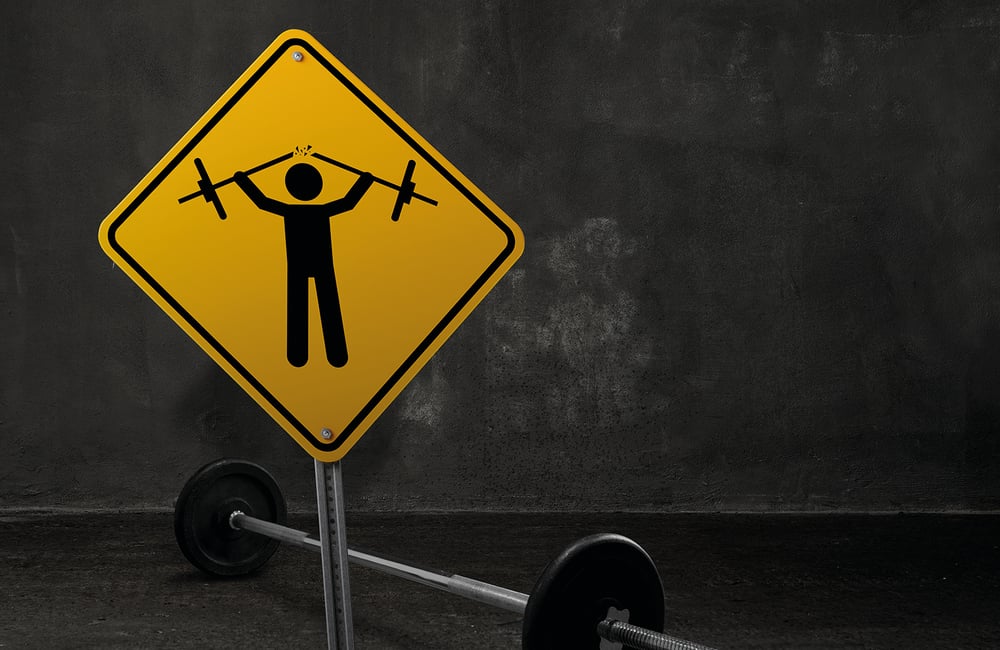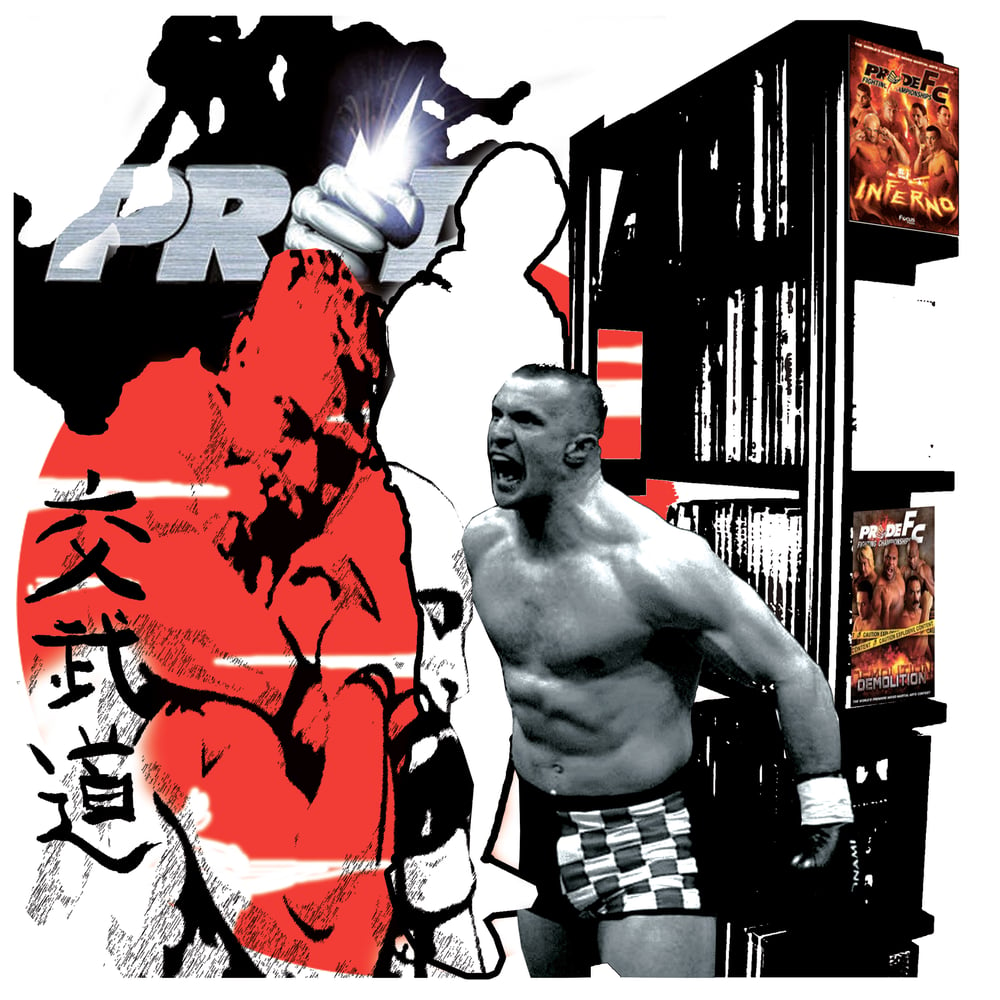
Issue 213
January 2025
Ray Klerck explores how rage shapes the fight game and why mastering it could be the force multiplier that chalks up more wins.
Fight IQ is governed by emotional balance, but leveling the scales between rage and Zen can be like doing a downward dog on a downhill skateboard. In the big leagues, employing a little anger worked for Khabib before and after the McGregor victory, so it can be spectacular when it lands but a glorious dumpster fire when it doesn’t. This weaponized feeling can turn a fighter into a predator or someone whose face looks like it’s been bobbing for apples in a deep fat fryer.
Anger is a complicated beast in the fight game. A 2025 study examined how age, experience, education, and martial arts style influence anger levels among 195 male practitioners across six disciplines: judo, jiu-jitsu, MMA, aikido, muay Thai, and karate. They found older fighters were less angry, and aikido fighters had the lowest levels of trait anger and anger reactions, likely reflecting the discipline’s emphasis on harmony. The angriest fighters? Muay Thai practitioners, because nothing screams unresolved rage issues like weaponizing your shins, which is a gentle nod to the sport’s aggressive and competitive nature. This research underscores the nuanced role of anger in martial arts and highlights the need to understand how different styles and approaches influence emotional regulation and aggression. Here’s why, when channeled properly, anger doesn’t just stoke the fire - it tempers the steel.

RAGE IN THE CAGE
Anger is more than a vibe. It’s a raw emotion that elevates your body into fight mode thanks to a cascade of often unhelpful physiological responses. When someone becomes angry, the cells lining the walls of their blood vessels become impaired, restricting blood flow, according to a paper by the American Heart Association. These effects can disrupt your heart rate, flood your system with cortisol, and even make simple tasks seem tougher. And with that, we ponder a new sense of compassion for Sean Strickland’s internal mechanics. In the Octagon, these effects could mean heavy hands, slower reaction times, and a mental fog so dense even your fight IQ taps out.
Things get pricklier if you really hang onto a grudge, which is just anger played out over a longer timeline. A paper in Social Psychological and Personality Science put people into three groups and instructed each to either remember a time they’d experienced conflict when they hadn’t forgiven someone or to write down notes on a conversation about a vanilla interaction. The different groups were then told to jump as high as they could five times without bending their knees. People remembering forgiveness jumped 30 centimeters, those remembering a grudge jumped 22 centimeters, and those who wrote the note showed no difference in jump height. Take home message? You’re 27% more explosive if you’re not carrying the weight of an angry grudge.
What’s more, the same researchers found people who held onto ill feelings towards someone else estimated that a hill was much steeper than those who thought about a time they forgave someone. This illustrates how anger and MMA performance go together like Sriracha sauce and paper cuts – intense, painful, and oddly satisfying to watch. Fighters like Nick Diaz have weaponized it through trash talk, taunting opponents into emotional overextensions, but sometimes it can cloud judgment. In this game where precision dismantles chaos calm judgment reigns supreme because it generates the freedom to fight on autopilot.

THE MECHANICS OF RAGE
Anger is your body’s emergency broadcast system. You’ve always needed it, like when a caveman caught someone using his best rock as a pillow. However, not all anger is destructive. Controlled aggression can be a game-changer when channeling that internal fire into calculated precision, instead of reckless haymakers. Research at the Mayo Clinic suggests forgiveness – anger’s opposite number – may be the secret weapon fighters never knew they needed. Letting go of grudges reduces stress, lowers cortisol, and improves physical performance. Fighters like Jiri Prochazka, who embraces the samurai ways, can probably harness these forgiving traits to shed their emotional baggage, feel lighter, and move lighter, too.
If forgiveness feels like a soft option, consider how a 2021 study found unresolved anger amplifies negative emotions and can lead to poorer decision-making. Think of it as trading in reactive rage for proactive strategy - one lands on highlight reels, and the other lands in the loss column. Despite its risks, anger does offer minor advantages when channeled correctly. Research into anger and motivation suggests this emotion can sharpen focus and makes them want a long-term goal more. It can even make you think more rationally in certain circumstances. So even though it’s a negative emotion in many respects, it can fuel positive long-term outcomes like chasing a title. In the long term, it can be a good thing, but in the short term, it will offer a brief burst of motivation and even energy, says a paper in Psychological Science. However, if it’s harnessed too much, anger-fueled fighters often come out swinging like they just heard their ex moved in with their best friend then fizzle out as that energy well runs dry.

A SPORT BUILT ON EMOTION
MMA has never been a purely physical contest - it’s emotional warfare. The press conferences, stare-downs, and social media jabs are all designed to stoke anger and shake composure. Fighters who thrive under pressure understand anger is part of the game but never let it play a part in their performance. Whether it’s Kamaru Usman coolly dominating Jorge Masvidal or Jon Jones systematically dismantling everyone, the best fighters know when to let their emotions show and when to keep them buried. It’s the difference between a fighter who fights angry and one who fights smart. Fighters who can harness this primal emotion without letting it consume them unlock a new level of performance. Those who can’t? They’ll find themselves gassed, outmaneuvered, and picking up the pieces in the locker room. So, the next time you step into the gym - or the cage - leave the grudges at the door. Focus your energy, train your mind, and let the anger sharpen, not scorch. After all, it’s not the anger that wins fights. It’s what you do with it.










